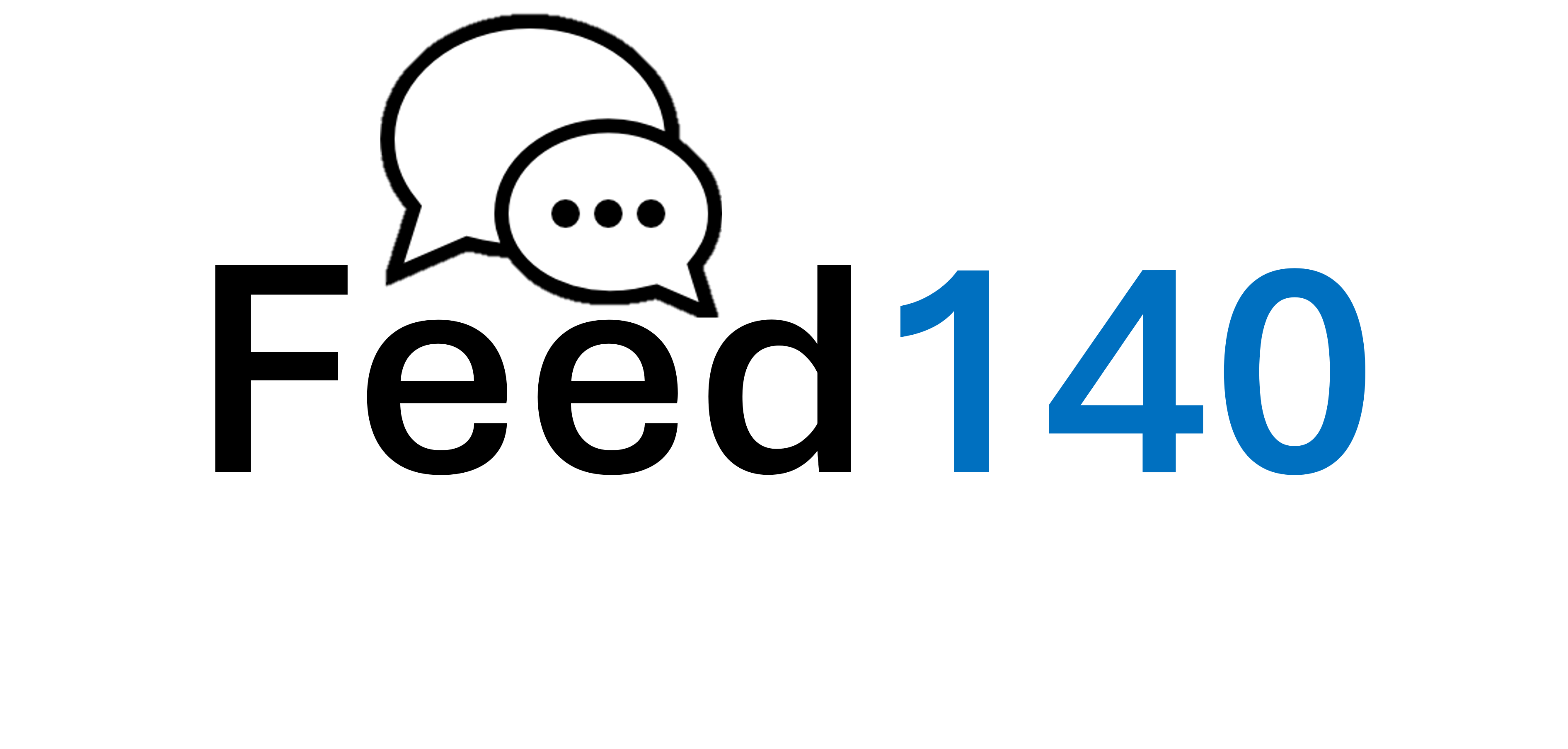Social networks has fundamentally changed the way people communicate with one another and the marketplace……resulting in a significant impact of social media on the health care industry. On top social networks, modern technological advances include real time communications and accurate, prompt answers to patient’s questions. These features serve as the first step to unlock advancing opportunities for health providers actively using these social networks. This indicates that there is a growing portion of today’s patients who are using digital tools as part of their overall health care maintenance. See related research here.
Referral MD listed some these statistics which illustrate how social media has impacted health care:
-More than 40% of consumers say that information found via social media affects the way they deal with their health issues.
-18 to 24 year old adults are more than 2x as likely than 45 to 54 year adults to use social media for health-related discussions.
-90% of respondents from 18 to 24 years of age said they would trust medical information shared by others on their social media networks.
-From a recent study, 54% of patients are very comfortable with their providers seeking advice from online communities to better treat their conditions.
-41% of people said social media would affect their choice of a specific doctor, hospital, or medical facility
-19% of smartphone users have at least one health app on their phone. Exercise, diet and weight apps are the most popular types that they use.
Dennis Schiraldi listed four trends that will emerge this year and beyond for social media in healthcare:
1. Patient engagement – 41% of patients say that social media affects their choice of provider in some way. More providers will realize this and use social media to improve communication with patients with things like ER wait times, community crisis information and even live Tweets of medical procedures.
2. DIY Health Sites – More patients are taking a do-it-yourself approach to their treatments and looking to connect with sites that can offer guidance. Health care providers will step in to this role increasingly in 2014.
3. “Edutainment” sites – There is also a growing trend of online sites that offer health and wellness tools or “edutainment.” These sites put a fun spin on steps we can take to keep healthy, like tracking exercise or diet plans. More healthcare providers will roll out their own sites so they can better connect with their patients. It’s a $1.7 billion industry that’s projected to reach $6 billion by 2015.
4. Predicting Trends – The next big thing will be predictive analytics. In the not-too-distant future, healthcare providers will be able to use online communications of people to predict large scale health events such as flu outbreaks. By having this knowledge available, health systems will be better able to prepare with staffing and supplies before their clinics become overwhelmed with sick patients.
As these trends and statistics show, its a win-win situation between the healthcare organization and patients. For health providers that have doubts on the impact of social media, they had better check some of the facts listed above.

Trackbacks/Pingbacks